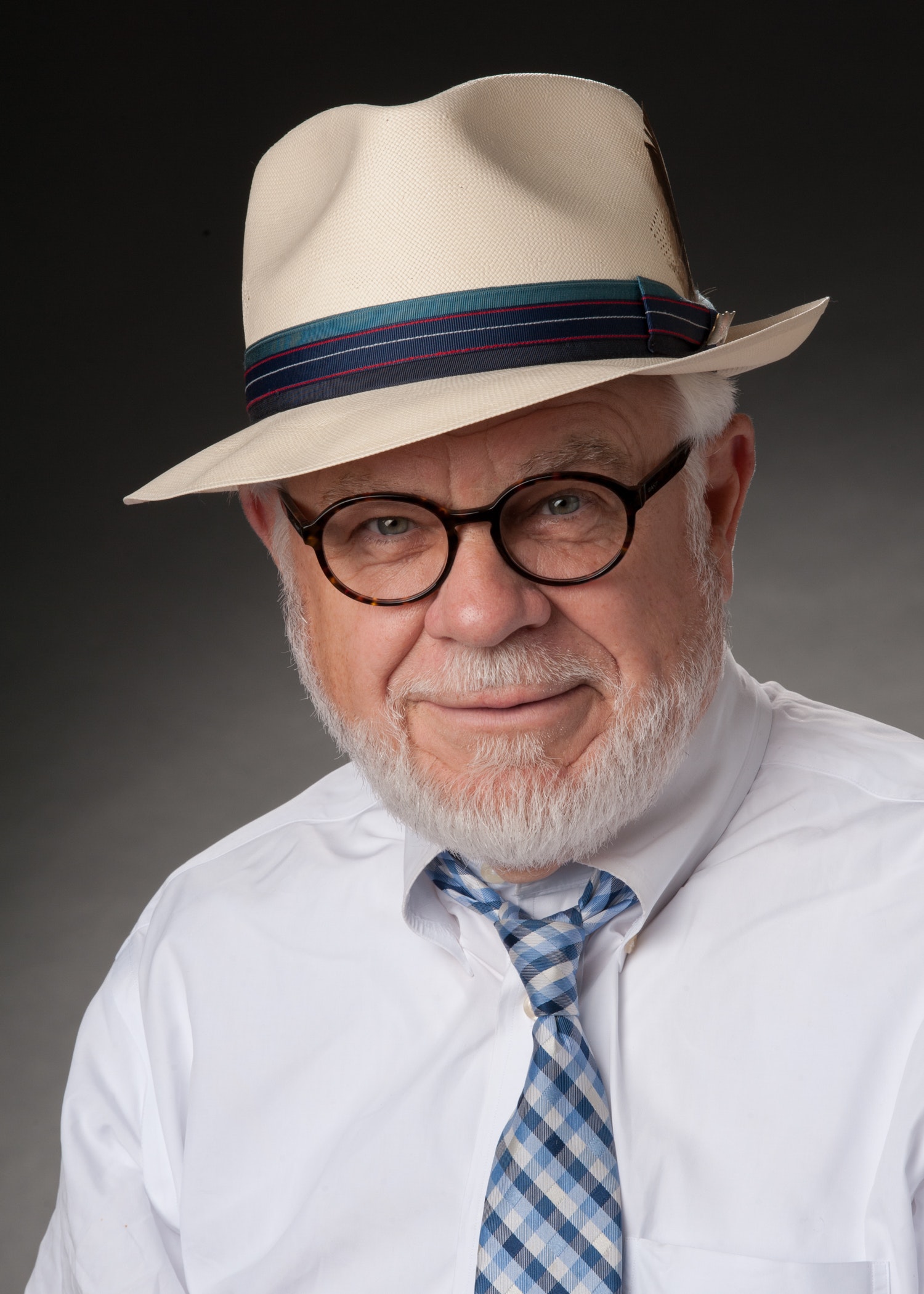Voters for City Council candidates get many messages during the campaigns from the candidates. Almost all of these are based on good government principles. Some can not be actually accomplished by a council member, either acting alone or with a majority of the Council.
Council members can not fire Shreveport Police Chief Alan Crump, or for that matter any city employee other than the Council Clerk Art Thompson.
City council members can not direct police strategies nor supervise the internal operations of any city department.
City Council member can not schedule road repairs/repaving or the water and sewer mandated repairs.
Council members can not magically transform neighborhoods nor can they make city hall more transparent.
Council members can not force the mayor to sign contracts or agreements of understanding requested by developers.
Council members do not have the right to participate with the mayor in meetings with businesses seeking to expand, relocate or start up in Shreveport.
Council members can not annex property into the city limits or deannex property out of the city limits without the consent of the property owners.
Council members can not single handedly cut government waste, red tape or required procedures.
Soo…what can they do? For beginners, any actions for the Council require a majority vote.
Council members vote on contested re-zoning/re-classification decisions of the Shreveport Caddo Metropolitan Planning Commission. But even those cases may be finally determined by the courts.
Council members vote on matters that affect economic development such as zoning, city ordinances, and Investment Tax Exemption Program tax credits.
Council members vote on the annual city budget and they can propose amendments to the same during the process of reviewing the budget or thereafter.
Council members can push concerns of constituents by direct communication with the mayor and department heads and at the council meetings.
Council members can make inquiries into what the administration is doing—or not doing—on matters of concern to their district and the entire city.
A council member can have a voice in shaping city policy by lobbying, making budget appropriations and by introduction of ordinances and resolutions.
Council members can be a bridge between John Q. Citizen and city hall, by either directing constituents to the appropriate departments/persons to answer inquiries or by directly responsibility for these concerns.
Council members can attend functions within their district and provide encouragement, direction, and assistance in citizen efforts to participate in the governmental process, build neighborhood organizations and interface with city personnel on behalf of their constituents.
The effectiveness of an individual council member depends in large part on both getting other votes as well as powers of persuasion for initiatives that have public merit.
(This article was published in The Inquisitor on Thursday, October 4, 2018)
